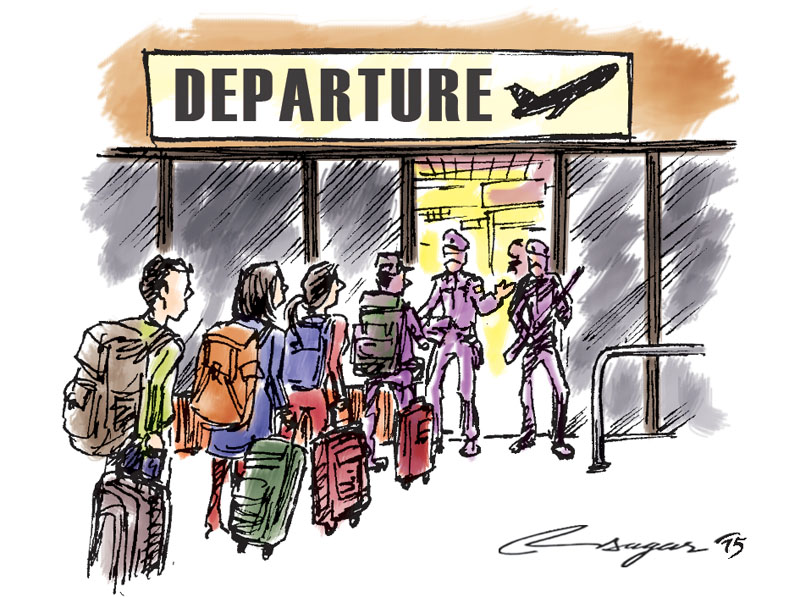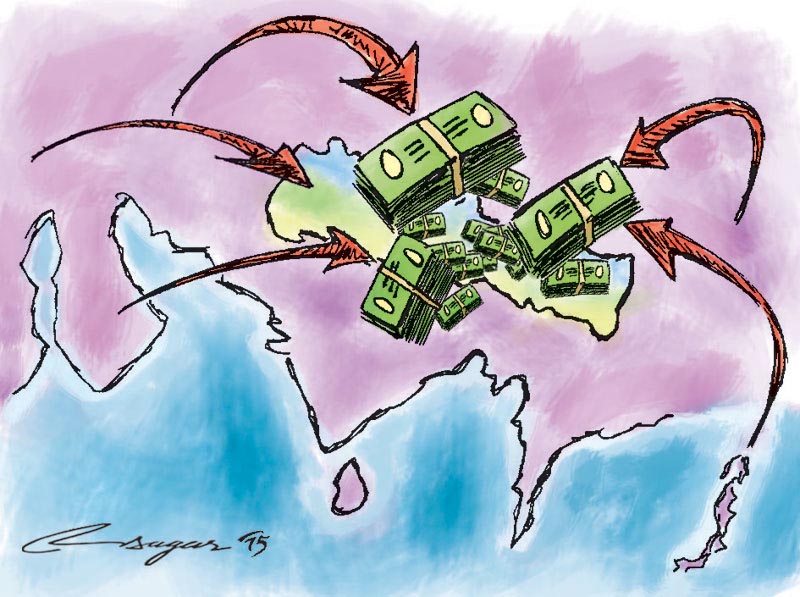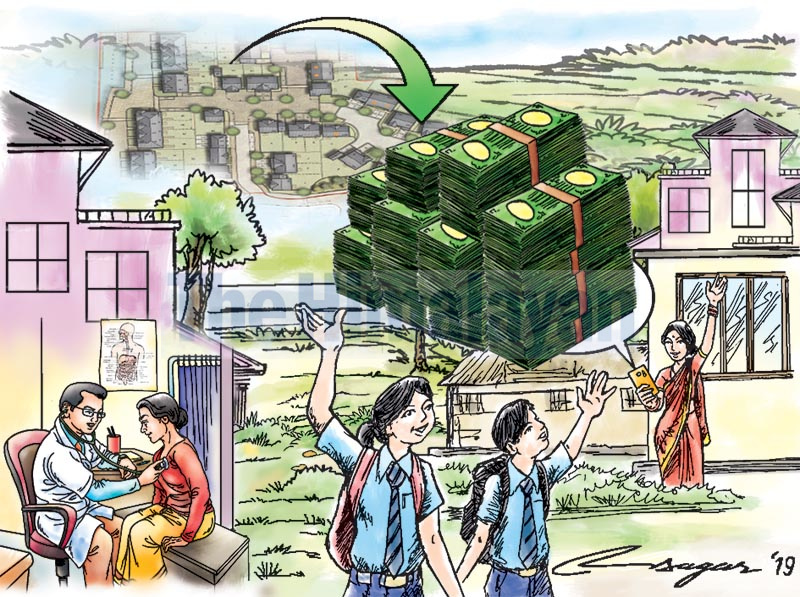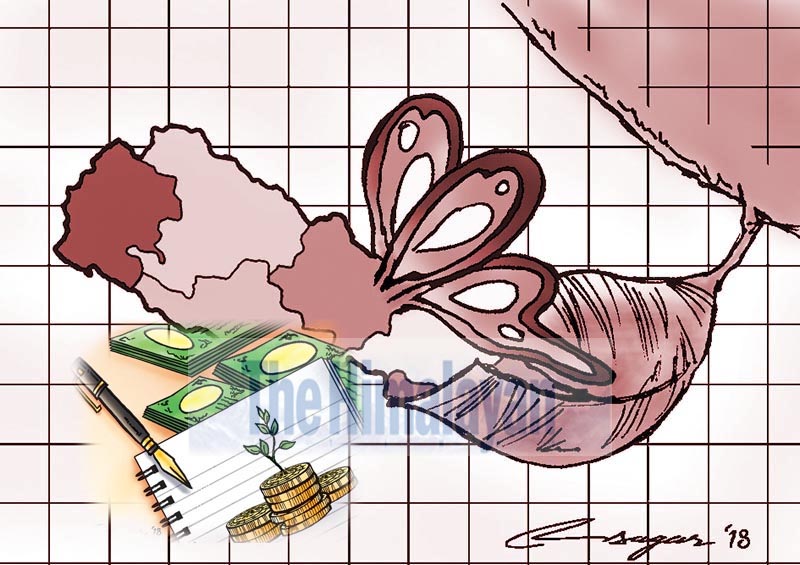Brain drain: Nepal likely to grow old before becoming rich
We have until 2047 to attain rapid economic growth because development will be harder with more dependent people around
Kathmandu, June 9
On May 13, the Maldivian government published an advertisement in Nepal seeking 196 doctors, medical officers and nurses, offering monthly pay package of up to $3,826. Around one-and-a-half months before the vacancy call was made, Nepali government had signed a pact to supply ‘specified skilled workers’ to Japan.
These employment opportunities for skilled workers have emerged at a time when educated Nepalis are permanently migrating to countries like Canada and New Zealand, and those who have pursued higher education in the US and Australia do not want to return home.




“We have until 2047 to attain rapid economic growth because development will be harder with more dependent people around. We cannot discount the possibility of ageing being less onerous because of technological breakthroughs, or late marriages and births, which can lengthen the [demographic] window of opportunity. However, many Nepali youths continue to emigrate as they take a dim view of the country’s future prospects. This has raised the spectre of Nepal growing old before becoming rich,” says Swarnim Wagle, former vice-chairperson of the National Planning Commission.






